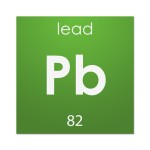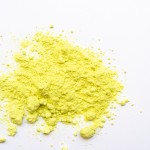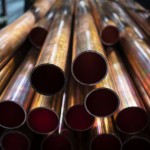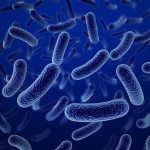Hard Water Problems
According to the U.S. Geological Survey, nearly 90 percent of American homes have hard water – mineral-rich water containing an overabundance of calcium and magnesium.
This is a comprehensive overview of the damages that hard water can do to your home, yourself, and your family. Consider renting or purchasing a Culligan HE Water Softener for a hassle-free solution to this problem.
Itchy Skin, Eczema, Blemishes, Wrinkles
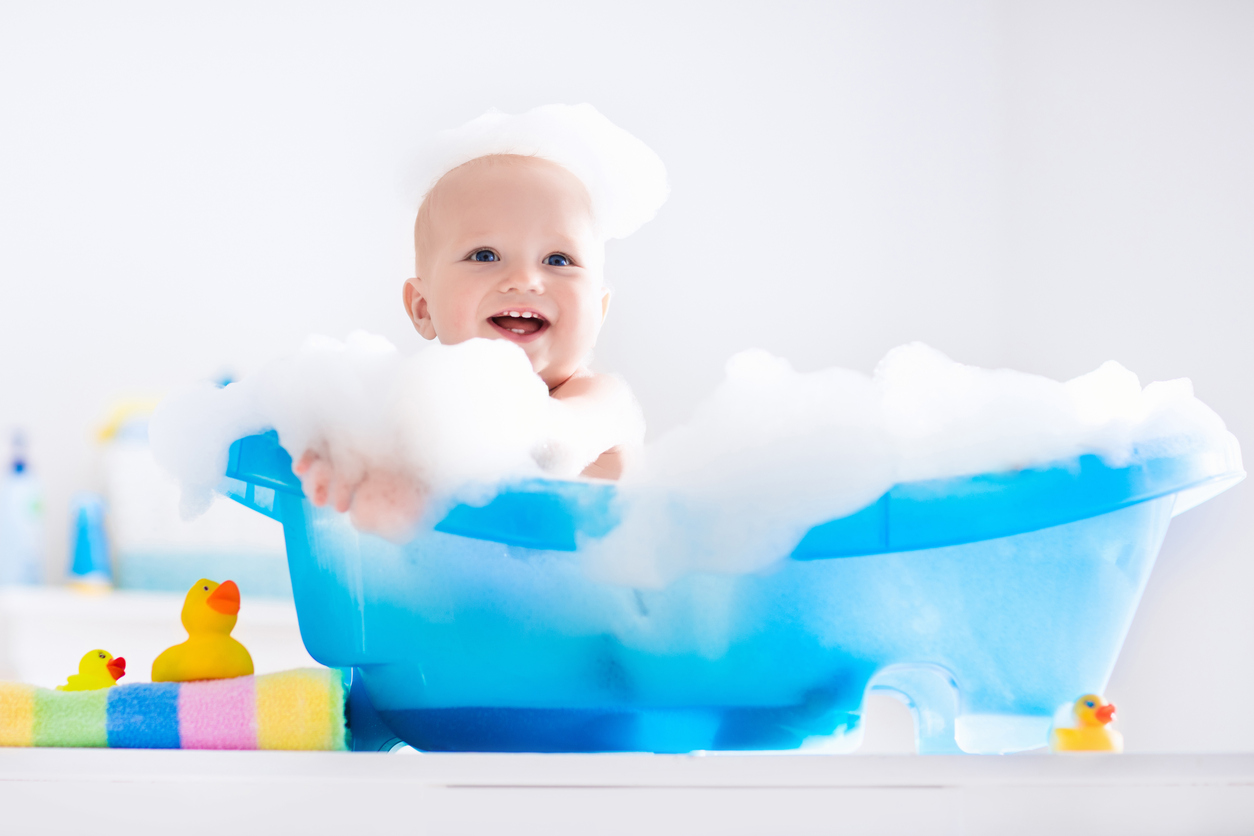
Soap scum isn’t just for your bathroom tiles – it can build up on your skin, too. The minerals in hard water leave a film around your epidermis that clogs your pores, trapping the natural oils and forming blemishes. This issue can also lead to breakouts, particularly in young children that are susceptible to eczema.
The natural oils in your skin work hard to lubricate and provide moisture. The film left around your skin clogs your pores, leaving your skin to feel dry and itchy.
Hard water may cause your skin to age faster. Dermatologist Dr. Dennis Gross says many of the impurities in hard water can form free radicals that damage healthy skin cells. This can lead to fine lines and wrinkles. This can also lead to a breakdown of collagen, a structural protein that helps your skin look and feel healthy.
Fostering Bacterial Growth
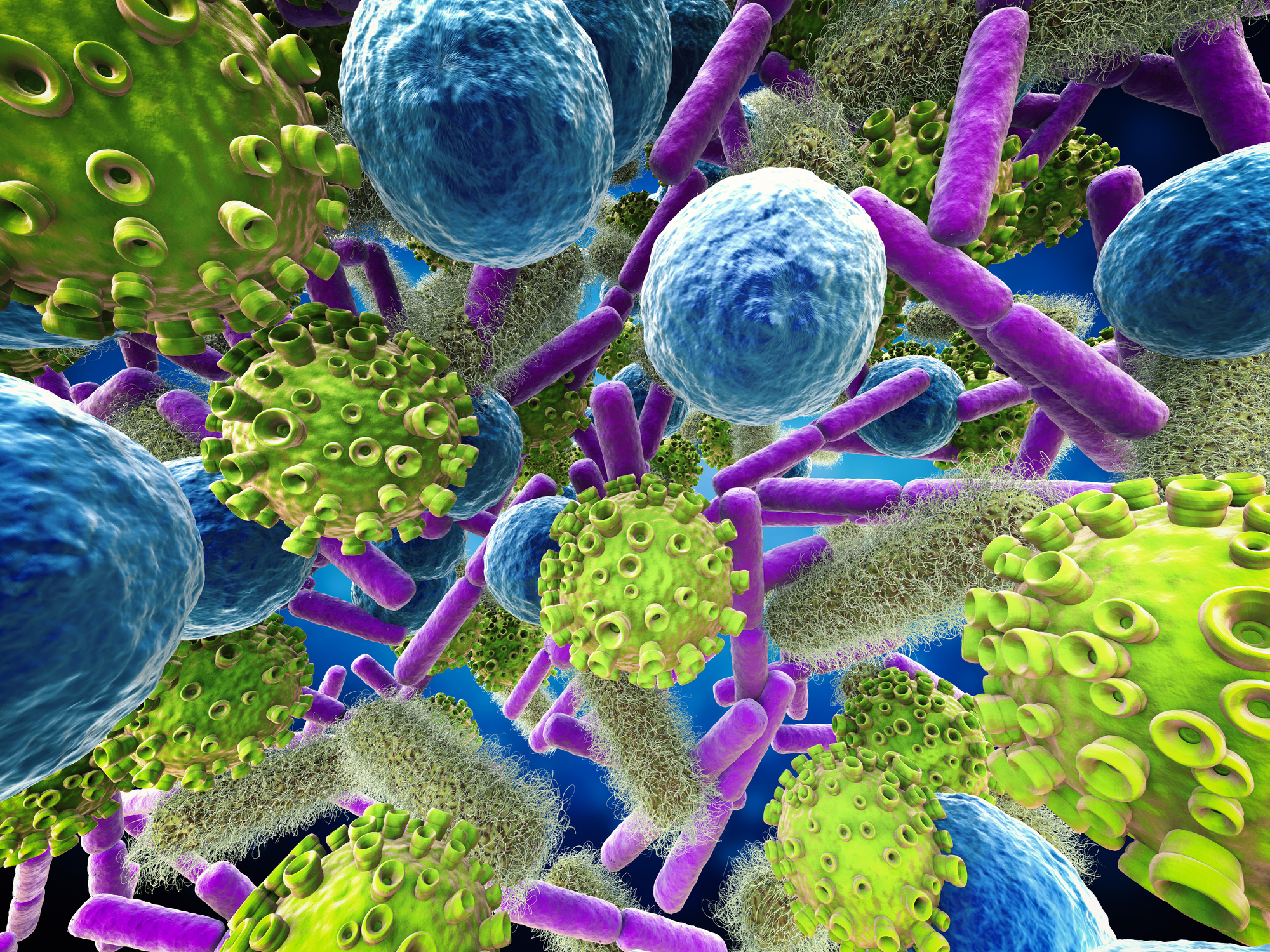
The School of Sustainable Engineering at Arizona State University has found that the hard water scaling normally found in the pipes of homes is an active environment for harmful bacteria growth.
The piping used in home plumbing, whether is copper or PVC, does not allow the bacteria to settle and grow, but over time, scaling from the hard water provides a surface for bacteria to grow on, increasing the risk of pathogenic bacteria such as Legionella, which can cause Legionnaire’s Disease.
Worn Out Plumbing Fixtures and Appliances
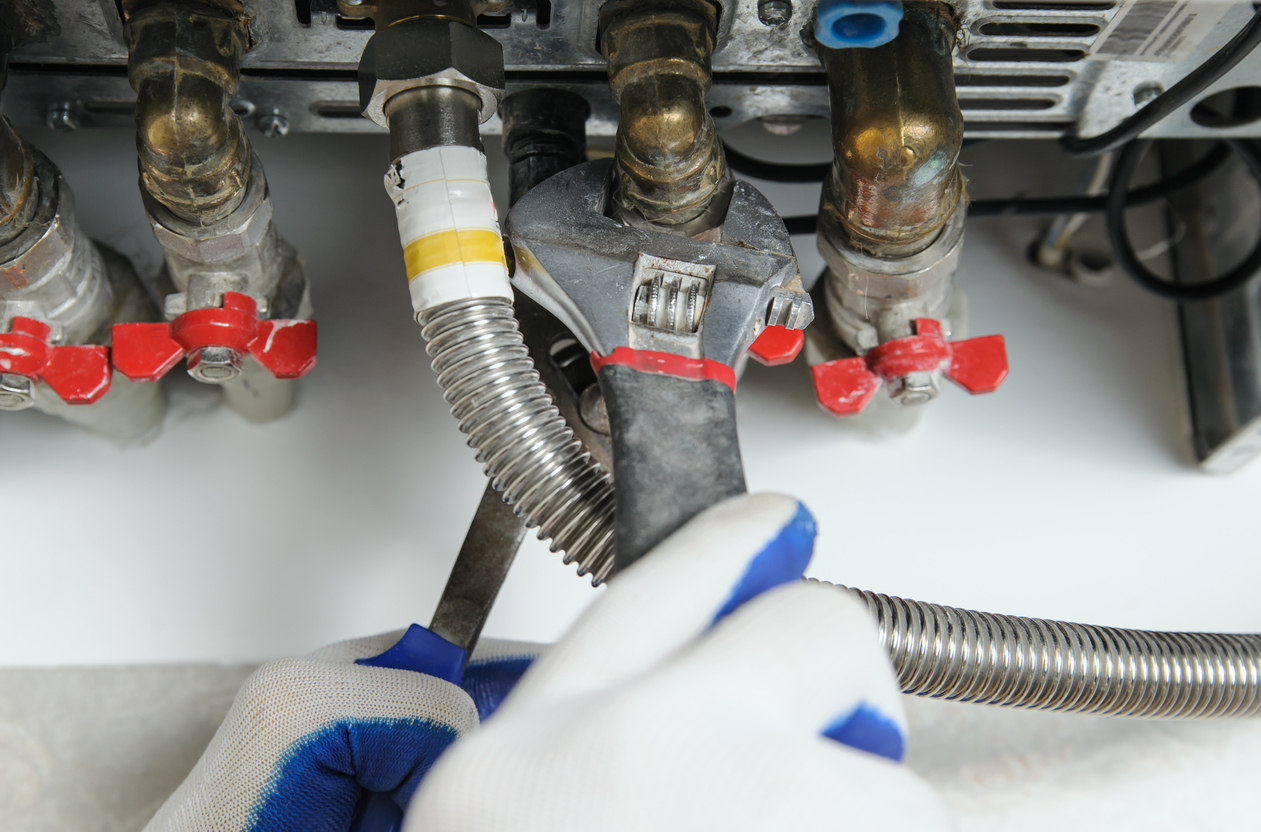
Chemicals can eat through the coating of plated plumbing fixtures, and often can become damaged beyond restoration. You see this around drains, faucets and shower heads. These mineral deposits could damage the rubber washers that seal these fixtures and create leaks.
Appliances that use water, such as coffee makers, washing machines, ice makers and dishwashers, can experience this problem as well.
Lime scale can reduce your water heater’s lifespan and efficiency. It can take longer to heat water with the mineral deposits and reduce its life by 25-40%, according to the U.S. Department of Energy.
Frizzy Hair – and Hair Loss?
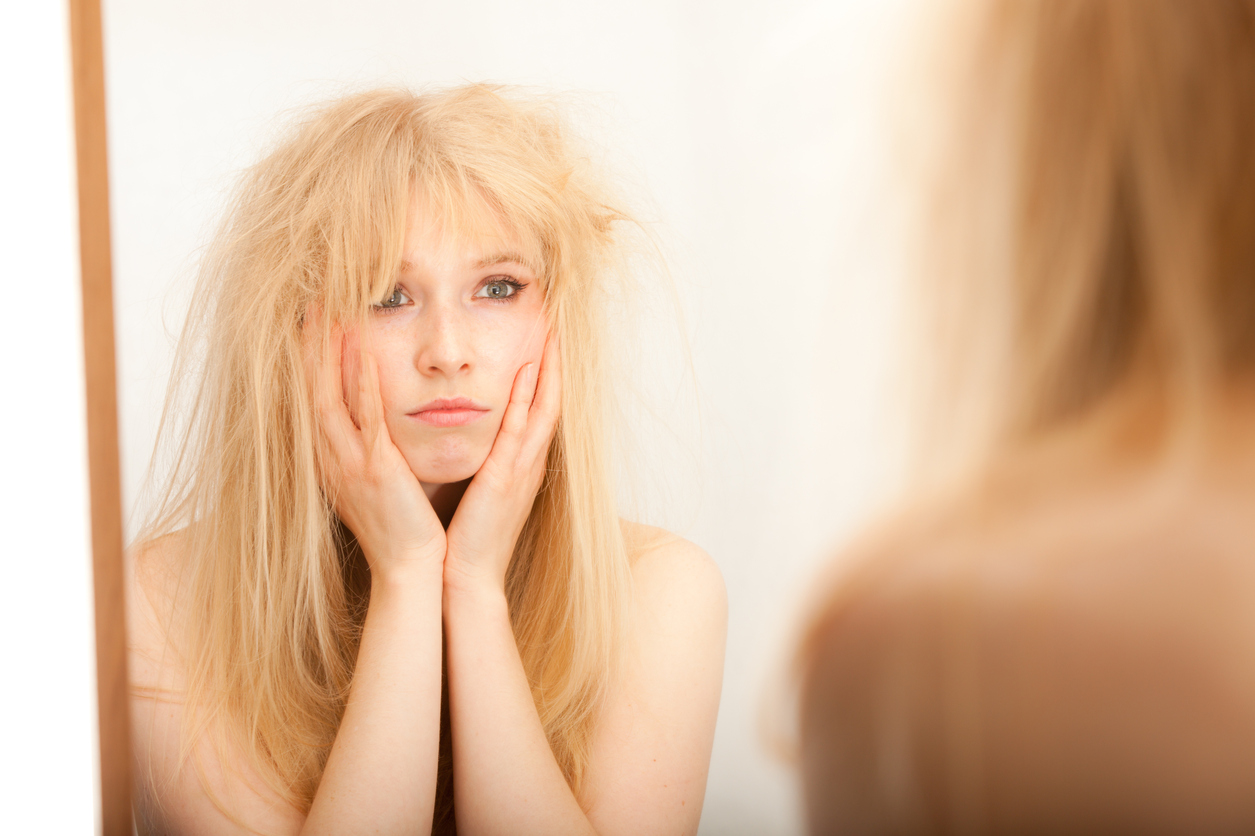
Hard water’s calcium deposits cling on to your roots, causing your scalp to be dry and itchy. But can it cause your hair to fall out?
There is no scientific evidence proving hard water causes hair loss. There is research that suggest that, because of its mineral composition, hard water could make the hair appear dull and make the strands wear out. When the hair ruptures near the scalp, it may look like your hair is receding at an accelerated rate.
Soap Scum
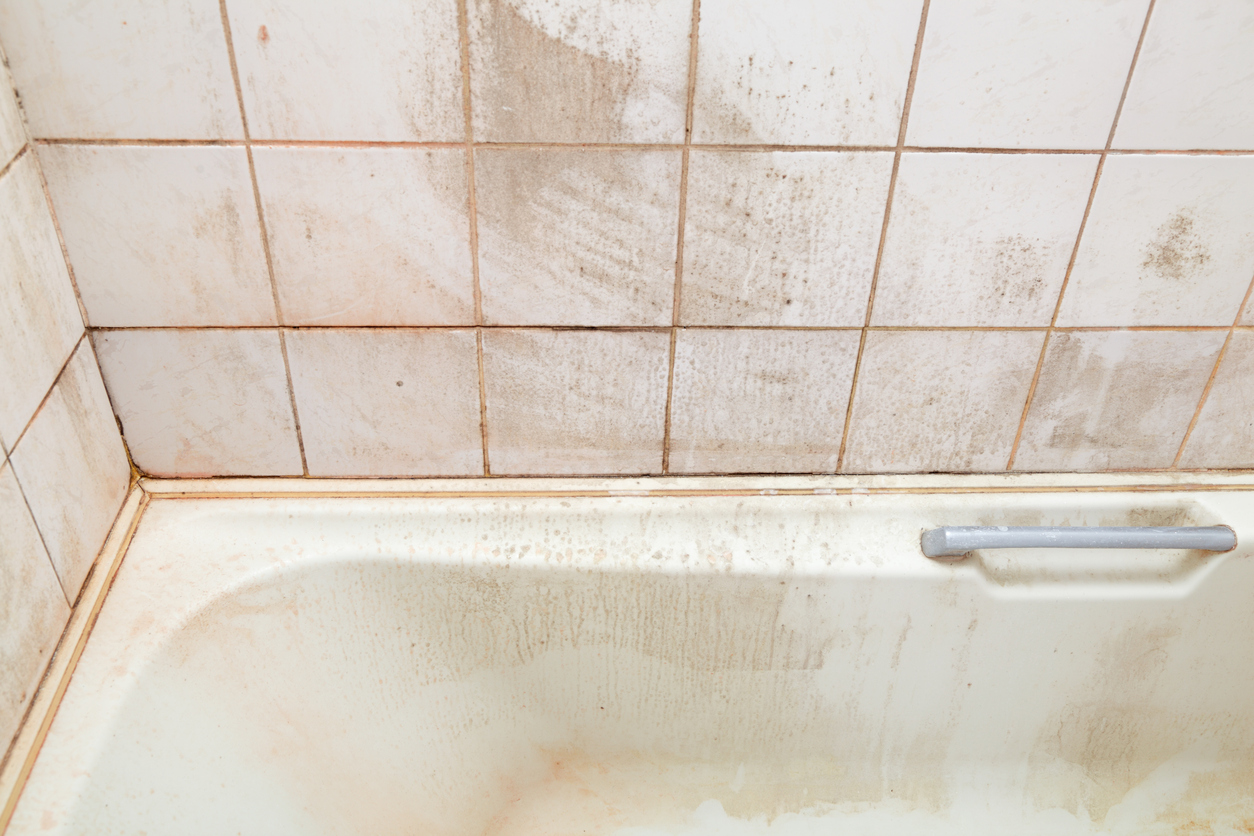
Soap scum is the white film that comes from the addition to the fatty contents of soap to the mineral-rich ions of hard water. These are technically called “lime soaps.”
This type of soap is ineffective in washing dishes, clothes or hair. Because of this, more soap is required to form a lather, and more can stick to your hair and skin. Synthetic detergents are less likely to make this reaction.
Stains and Spots
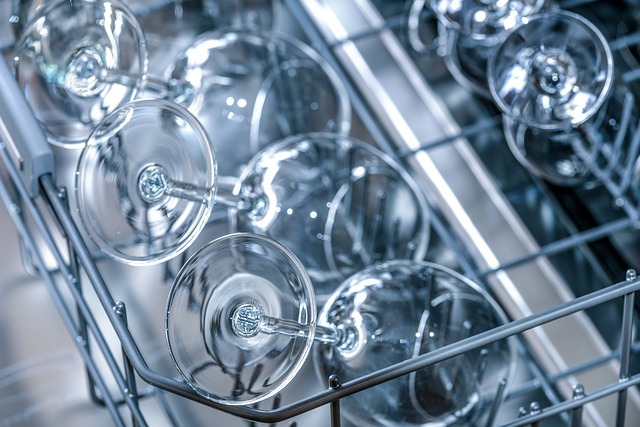
Hard water’s mineral deposits can build up anywhere water is present – it can leave rings in glass, toilets, bathtubs and sinks. In some cases, these deposits can cause a chemical change that permanently damages the material.
Clogged Pipes
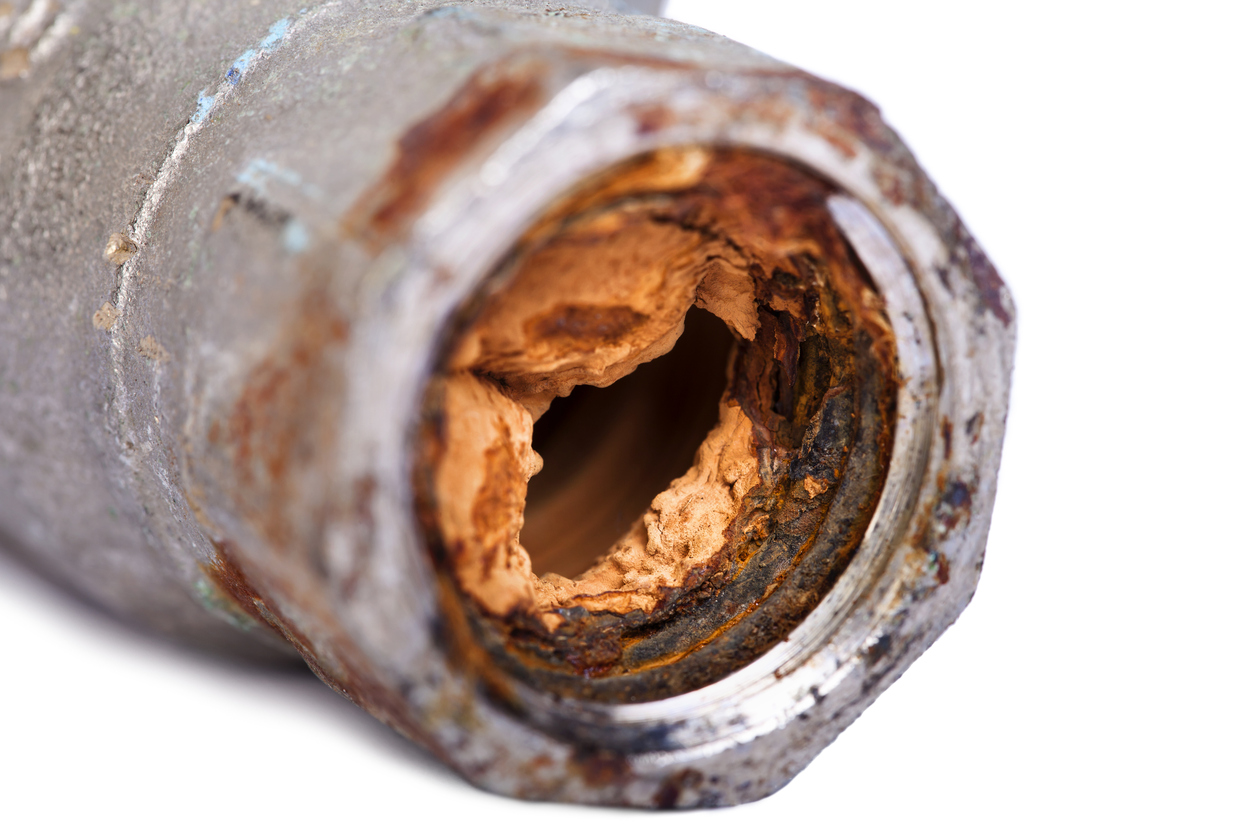
Call Culligan before you have to call a plumber. Lime scale will reduce the flow of your water in your plumbing system by clogging up pipes. This is particularly a big issue for older homes with steel pipes. Your water pressure can lower over time, possibly needing to be replaced.
Dull and Dingy Clothing
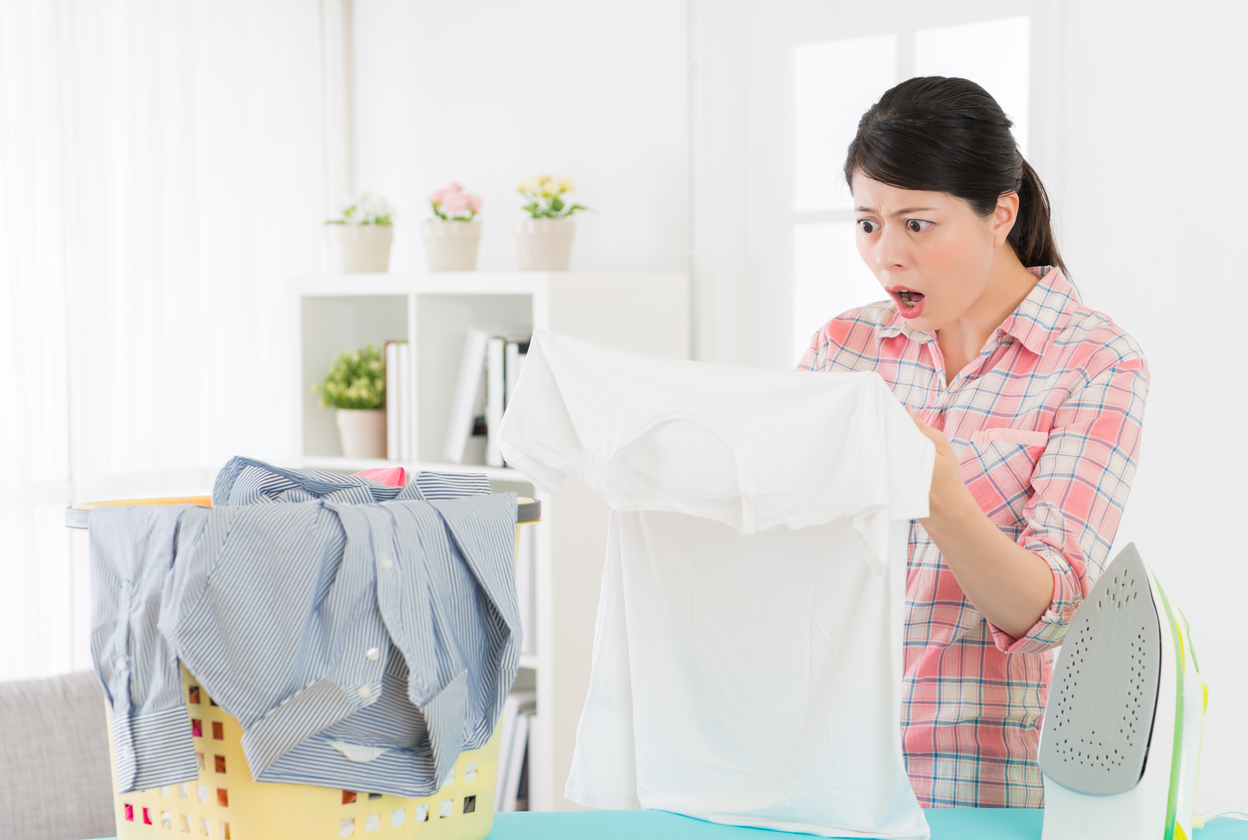
As it turns out, calcium and magnesium can do a number on your laundry. The fabrics can stiffen and the color may dull if the dissolved minerals are not suspended in water when it is drained.
Many of your laundry detergents molecules are not being used properly, as they bind up the calcium and magnesium. This naturally leaves less of these molecules available to trap dirt and grime.
Prevention and How-Tos
There are proactive steps you can take to stop hard water buildup from affecting your home or your family. This includes keeping your surfaces around water clean and dry, and using spray cleaner on shower doors and mirrors. Your most viable option that would require less effort would be to purchase a Culligan® HE Water Softener.
Home Remedies Can Help in The Interim. Most involve white vinegar, which is a general household cleaning solution:
Chrome Faucets – Wrap paper towels or rag soaked in vinegar around the faucet and let it sit for an hour. Rinse and wipe it dry.
Showerhead – Take off the shower head and soak it in white vinegar for 12 hours. Scrub with an old toothbrush, rinse and reinstall it.
Shower Doors – Spray with white vinegar or white wine to remove lime scale and hard water stains.
Dishwasher – Once a month, add a cup of white vinegar to your dishwasher and run it through a cycle.
Washing machine – Add a gallon of white vinegar to the empty washing machine and run through a cycle with hot water.
Toilet tank – add three cups of white vinegar to your toilet tank.
Coffee – Run a cycle unfiltered through the reservoir full of white vinegar to remove mineral deposits. Run two more full 12-cup brewing cycles with regular water to clean the coffee maker.
Sinks and tubs – Spray the surface with lemon juice or vinegar, let sit for half hour. Wipe Clean.

